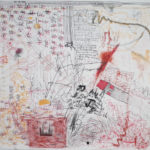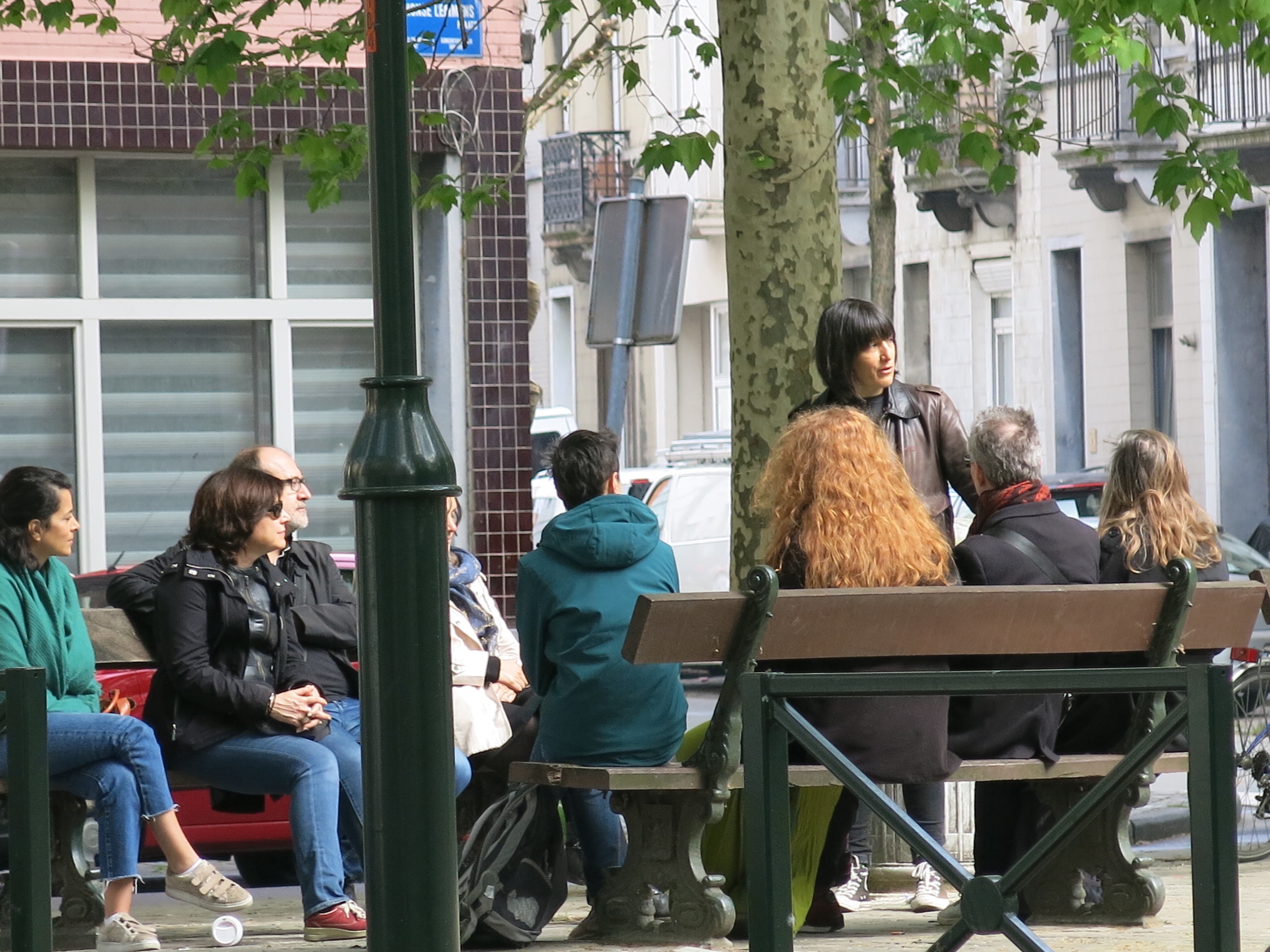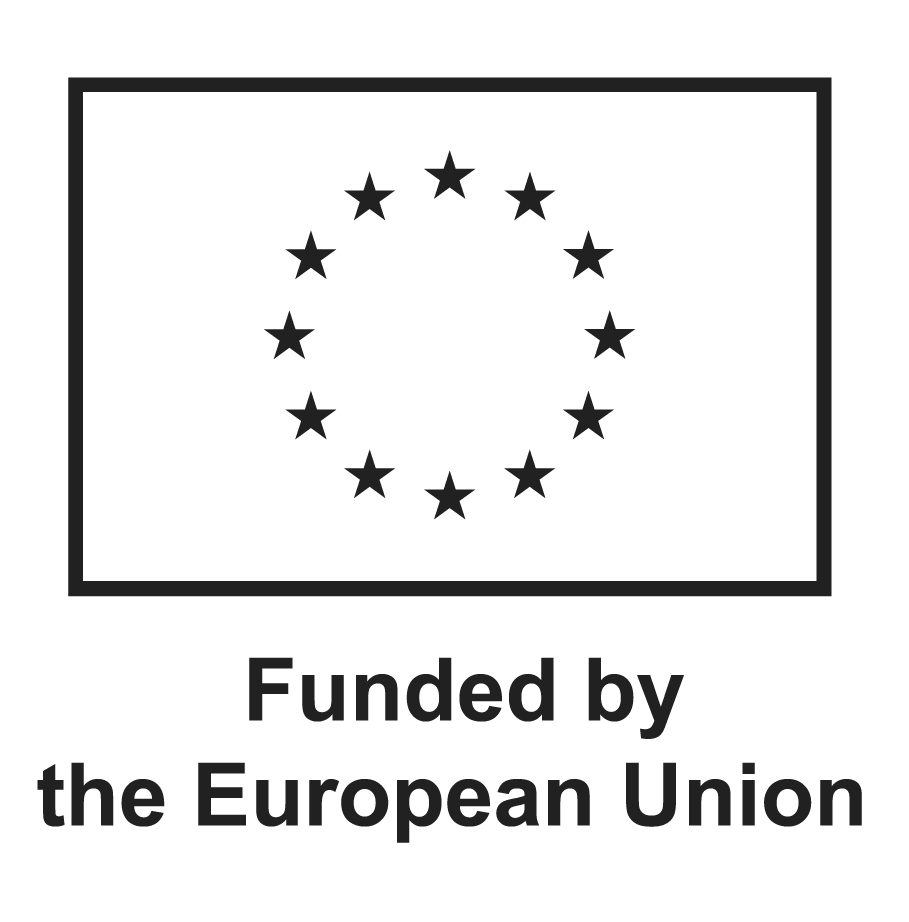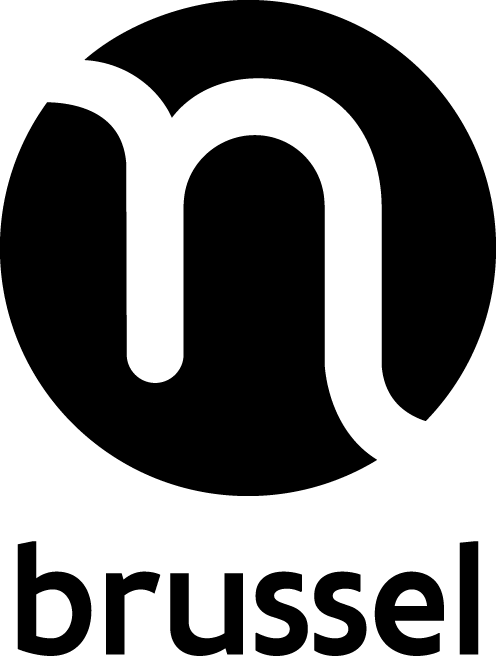

Vocalizing
is an alternative, obscure and concrete way to touch the unknown and hostile.
oracle is an eyes-closed body-voice improvisation practice reading diverse spaces; train stations, parks, institutions, forests, public libraries, urban gardens and private living spaces. It interacts with these surroundings through instant sound and movement composition and expands the boundaries between individual emotional expressions and shared public space. Each practice session is unique to the moment and context.
The name, oracle, suggests agency, ambiguity, obscurity, divinity, communication, medium, utterance, wisdom. We chose the name oracle as it encompasses the expansive notion of voice and ineffability.
This practice asks for dual attention and generates a minimalist collective choreography by means of spontaneous composition. The range of material covered during a practice can be non-verbal vocalisation, text, mimicry, song and social comment.
The group choreography is created by an auditory perception rather than a visual logic and highlights the idiosyncratic nature of listening. Listening asks that we understand, question and transform our emotional and cultural connections to oneself, to each other and to the environment.
Accompanying the oracle practice is a live-scoring practice, a notation that translates the experience of the ephemeral performance into diverse visual mediums. oracle offers several stages of participation – as a performer, spectator, receiver, live-scorer or casual passer-by.
During our residencies we will further explore the activist potential of the practice in public space. The ‘prophecy’ of the oracle can be read as the voices of individuals in a group, but also as a social-critical awareness. In which way is oracle questioning normative behaviour in public space? How is the public environment influencing the practice and vice versa?
What do we create, if we go to the same space repetitively?
To go deeper into this research we will organise public practice session with the broader community around oracle.
Furthermore, we will continue developing our live scoring practice. During our residency at Q-O2 we are specifically interested how musicians interact with our scores. To explore this we will invite several musicians to dive into this research together.

 Sebastian Dingens - WALKS
Sebastian Dingens - WALKS

 Pavel Tchikov 29/11/23
Pavel Tchikov 29/11/23

 Nika Son - Scatter
Nika Son - Scatter



